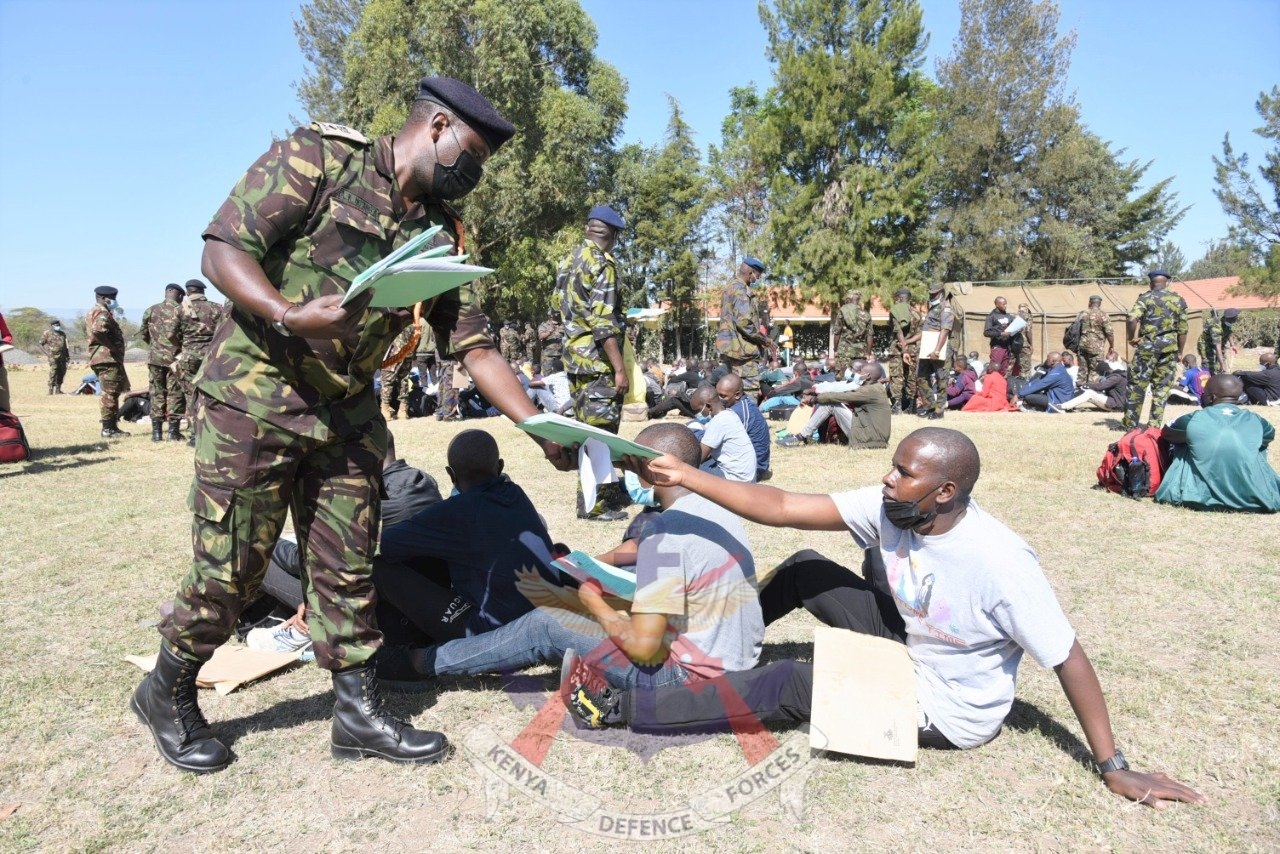Stakeholders have called for the strengthening of laws that protect the elderly, who continue to be the target of killings on allegations of practising witchcraft, especially in Kilifi county.
The stakeholders, including Civil Society Organizations like Haki Yetu, the Judiciary, county governments and the national government, should help address the unemployment time bomb and quick resolution of court cases, especially those touching on land.
These are among the recommendations that were made on Wednesday, the last of the two-day launch of a report dubbed “The Aged on Edge” after a two-year study conducted in Kilifi and Kwale counties by Haki Yetu Organization.
The report laid bare the magnitude of the problem in Kilifi County, with at least 138 killings between 2020 and mid-2022.
The report cited land, youth unemployment, weak legislation, illiteracy and administration inaction as among the key contributors to the killings.
Katana Charo, 70, from Lango Baya, Malindi sub-county in Kilifi county, is a lucky man.
He would have been gone today but for a doctor at Malindi sub-county, where he was rushed. The doctor noticed a very weak pulse when everybody else thought he was dead.
He had been attacked at his house in early January last year on allegations he practices witchcraft.
He lost his arms and part of his genitals at the hands of a youth commonly referred to as ‘bebabeba’.
Bebabeba is a group of youth who claim to have the ability to identify anyone who practices witchcraft.
When contracted, they perform a supposed ritual at the alleged witch’s homestead, which involves the leader stripping stark naked and carrying the alleged witch shoulder high while chanting, across the compound, dumping them here and there for maximum impact.
This is meant to extract a confession from the supposed witch.
Charo, who developed speech difficulties after the attack, was abandoned by his family, including his wife, while still receiving treatment at the Malindi sub-county hospital.
When he was discharged, there was nowhere to take him. He could not walk, talk, eat or even respond to the call of nature.
The doctors then called Joseph Mwarandu, the secretary general of the Malindi District Cultural Association (Madica), who runs a rescue centre for such victims in Magarini.
“They brought him in a poor state. Right now he has frequent hospital visits. He has to be taken care of like a little baby,” Mwarandu said.
Charo escaped death by a whisker.
He would have been part of the 138 killings reported by Haki Yetu.
“And these are only the figures that we have verified. There are others that we could not verify because the security agencies were reluctant to give us the figures,” Peter Kazungu, Haki Yetu programs manager, said during the launch in Bofa, Kilifi county on Tuesday.
Kazungu said though the problem has reduced since their interventions, the problem is still rampant.
The latest National Crime Research Centre report of 2020 indicates that Kilifi County leads in the number of reported murders at 58.2 per cent of the crime reported in the county against the national average of 24.8 per cent.
This is followed by Kwale county at 31.9 per cent, then Kisii at 29.2 per cent, Nairobi at 23.9 per cent, Mombasa at 16 per cent and Kisumu at 2.2 per cent.
Kazungu said there is a link between the high percentage of murders reported in Kilifi, Kwale and Kisii counties.
“Most of these killings are related to witchcraft allegations,” he said.
In Kilifi county, Malindi sub-county leads with the number of witchcraft-related killings over the same period at 45, according to the report.
This is followed by the Ganze sub-county with 34, Magarini (23), Rabai (15), Kilifi North (8), Kaloleni (8), and then Kilifi South (5), the report said.
The report accuses the security agencies of being reluctant to give information, leading to a significant reduction in the actual numbers.
“The police refuse to give actual figures and sometimes treat the killing as normal murders thus making it impossible to categorize them as witchcraft killings,” Kazungu said.
However, Kilifi county deputy police commander Willy Simba said in most cases, the families of victims do not give information, making the work of the police difficult.
“They pretend they do not know yet they know what is happening. The common answer is simanya (Mijikenda term for ‘I don’t know’),” Simba said.
He called on communities and the affected families to be forthcoming with information so as to nab the perpetrators.
“There are many ways of giving information. You can do it to the chief, sub-chief, our secret hotline number, or if you think your life is in danger, we can put you on witness protection,” said Simba.
Mwarandu however said because Madica runs a rescue centre, they have also been targeted on accusations that they protect witches.
“We do not defend or protect witches. We are only defending human rights. No one is allowed to kill. That is why we have been sensitizing people against killing the elderly,” Mwarandu said.
However, the two private-run rescue centres, one in Magarinin and the other in Godoma are not as secure as they should be, he noted.
He said they lack perimeter walls thus further exposing the survivors.
At least one attack has been reported at one of the rescue centres.
Mwarandu, political activist Naomi Cidi and former nominated Senator Emma Mbura called on the Kilifi county government to come up with a public rescue centre.
Mbura further urged the Judiciary to expedite land cases saying the longer they take, the more frustrating they are to the youth who then resolve to kill the elderly, who are mostly the custodians of the disputed lands.
“Jobless youth feel the longer the cases take, the more they miss out on the land. So they just label the one they see as an impediment to them getting land witches and the rest is history,” Mbura said.
Cidi said the government should address the unemployment time bomb saying if the youth had jobs, they would not be hired to kill innocent elderly people.
“There are a lot of things both levels of government can do but they don’t. This is what is frustrating our sons,” she said.
Through Madica, Mwarandu and other elderly members of the association have been having an annual walk of 350km since 2011 in a bid to sensitize the community against the killing of elderly people.
He said the annual walk is not enough though.
Kazungu explained that the two-year study revealed a pattern.
“All those killed were either custodians of huge tracts of land or were involved in land disputes,” the Haki Yetu programs manager said.
Mbura and Cidi also accused political leaders at the Coast of fraudulently selling off lands belonging to families to unsuspecting people from outside the Coast region.
“I have disagreed with two senators and three MPs over this matter,” Mbura said.
Florence Macharia, a High Court judge, said the Alternative Justice System should be used to solve issues at the community level before they escalate.
“We in the Judiciary also need sensitization on these cases,” Macharia said, revealing she was shocked by the statistics and acknowledged there is much she did not know.
Kilifi county deputy governor Flora Mbetsa apologized to the families of victims of witchcraft killings on behalf of the Kilifi youth.
She said the sensitization campaign against witchcraft killings should not stop.
“We know the big challenge is unemployment. Our youth need jobs,” she said.
She said there are several programs that the county has put in place to ensure youth get employment.
“Youth have pent-up emotions which are not channelled the right way, leading to them killing people. That is why the county wants to tap into their energy to help them be creative and earn a living through their talents and energy,” Mbetsa said.











